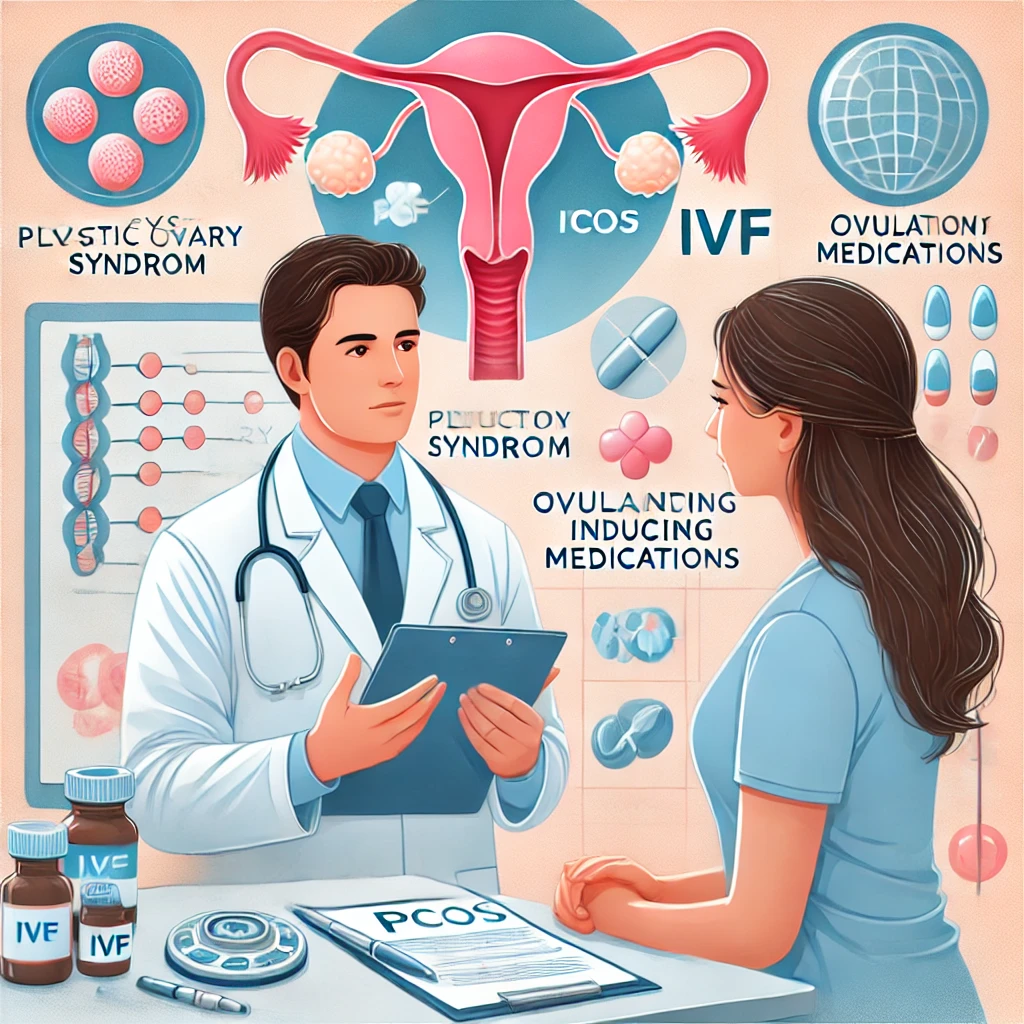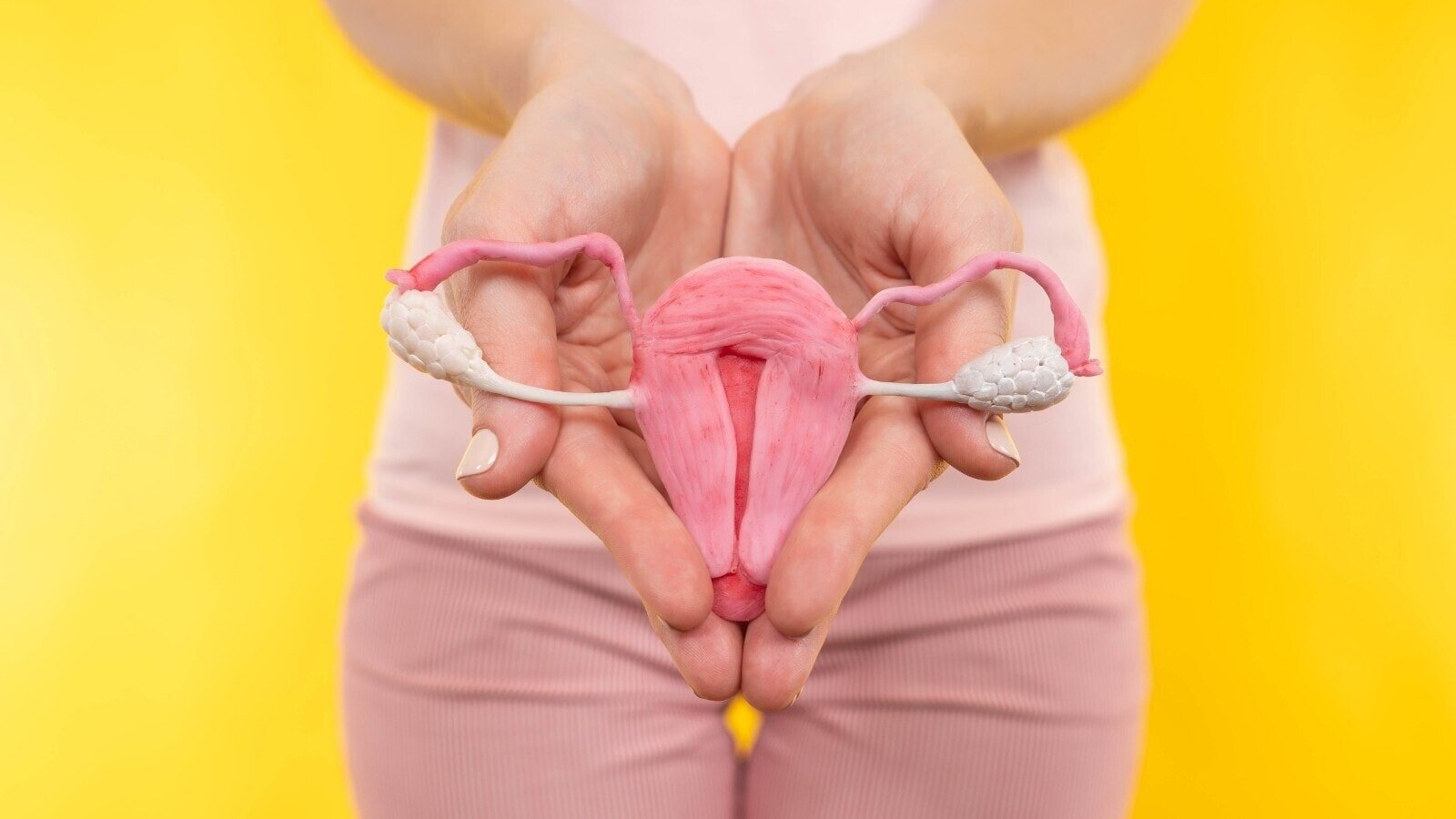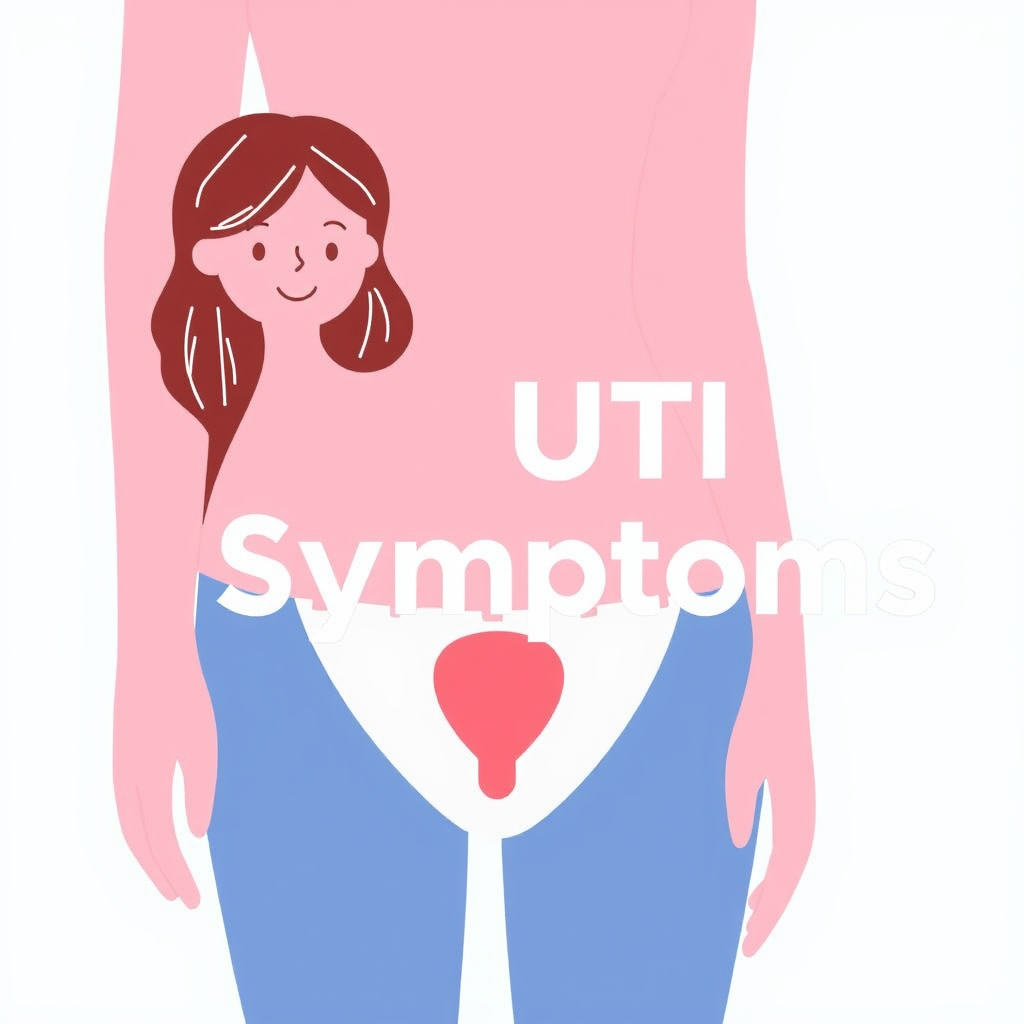Best Fertility Treatments for PCOS
If you’ve been diagnosed with Polycystic Ovary Syndrome (PCOS) and are struggling to conceive, you’re not alone. PCOS is one of the most common causes of infertility, affecting 1 in 10 women of reproductive age. The good news is that various fertility treatments can help women with PCOS get pregnant. However, not all treatments are created equal, so it’s important to know which options are worth exploring and which ones might not be as effective.
What Works?
Lifestyle Changes: A Game Changer
You’ve probably heard it before, but it’s worth repeating—lifestyle changes can make a significant difference in managing PCOS and improving fertility.
- Diet: Focus on a balanced diet rich in whole foods, lean proteins, and healthy fats. Cutting down on processed foods and refined carbs can help regulate blood sugar and improve insulin resistance, which is common in women with PCOS.
- Exercise: Even a small amount of weight loss (as little as 5-10% of your body weight) can help restore regular ovulation. Incorporating regular physical activity into your routine can improve insulin sensitivity, regulate hormones, and get your body in the best possible shape for pregnancy.
Medications to Induce Ovulation
One of the most common hurdles with PCOS is irregular ovulation (or not ovulating at all), which makes it difficult to conceive. Thankfully, there are medications designed to stimulate ovulation and help you get pregnant.
- Clomiphene Citrate (Clomid): This is often the first-line treatment for women with PCOS. Clomid helps to kickstart ovulation by blocking estrogen in the brain, which encourages your body to produce more follicle-stimulating hormone (FSH). This can help stimulate the ovaries to release an egg.
- Letrozole (Femara): This medication is another popular choice for PCOS patients trying to ovulate. It works by lowering estrogen levels, prompting the body to produce more FSH, and stimulating the ovaries to release eggs.
- Gonadotropins: If Clomid or Letrozole isn’t successful, doctors may use injectable hormones (FSH and LH) to stimulate ovulation directly. Gonadotropins are effective but come with a higher risk of multiple pregnancies (twins, triplets, etc.).
Metformin: More Than Just for Diabetes
Metformin, a medication used to treat insulin resistance, is often prescribed for women with PCOS. If you have insulin resistance (which is common with PCOS), Metformin can help restore normal ovulatory cycles. It can also improve hormone balance and help with weight loss, which is beneficial for fertility.
In Vitro Fertilization (IVF): The Last Resort
For women who haven’t had success with oral medications or gonadotropins, IVF may be the next step. IVF is an advanced fertility treatment where the eggs are retrieved, fertilized in a lab, and then the embryos are transferred into the uterus. While IVF is more expensive and invasive, it has higher success rates than other treatments, especially for women with severe PCOS or those who’ve had difficulty ovulating with other methods.
What Doesn’t Work?
Acupuncture: It’s Debatable
Acupuncture is often touted as a natural way to improve fertility, and some women swear by it. While some studies suggest acupuncture may help regulate menstrual cycles and improve ovarian function, the evidence is still mixed. Acupuncture may have a placebo effect or be more useful as a complementary treatment alongside other proven therapies.
Herbal Supplements: Buyer Beware
Herbal supplements like Vitex (chasteberry) and spearmint tea are popular among women with PCOS who are trying to conceive. While these remedies are natural, the scientific evidence supporting their effectiveness for improving fertility in PCOS is limited. Before trying any herbal supplements, it’s crucial to talk to your healthcare provider, as they may interfere with other medications you’re taking.
Low-dose Naltrexone (LDN): Still Experimental
Low-dose naltrexone (LDN) is an off-label treatment that some small studies suggest may help improve ovulatory function in women with PCOS. However, LDN is not widely accepted or proven to be effective, so it’s not typically recommended as a standard treatment.
Ovarian Drilling: A Last Resort
Ovarian drilling is a surgical procedure in which small holes are made in the ovaries to reduce testosterone production. This procedure may help women with PCOS who have not responded to medications, but it’s generally considered a last resort. It carries risks, including ovarian scarring, and may impact fertility down the line.
Additional Considerations
- Monitoring is Key: Regardless of the treatment route, close monitoring is essential. Your doctor will likely perform blood tests or ultrasounds to monitor your response to medications and ensure your ovaries are producing eggs. This can help you avoid risks like ovarian hyperstimulation syndrome (OHSS) and ensure you’re targeting the right window for conception.
- Mental Health Matters: Fertility treatments can be emotionally and physically taxing. If you’re feeling overwhelmed, consider seeking support from a counselor or joining a fertility support group. You’re not alone, and there’s no harm in seeking extra emotional support during this journey.
Final Thoughts
When it comes to fertility treatments for women with PCOS, there are several options available, and what works for one woman might not work for another. It’s important to work closely with your healthcare provider to figure out the best treatment plan for your unique needs. With the right approach and a little patience, many women with PCOS go on to have healthy pregnancies.








Leave a Reply